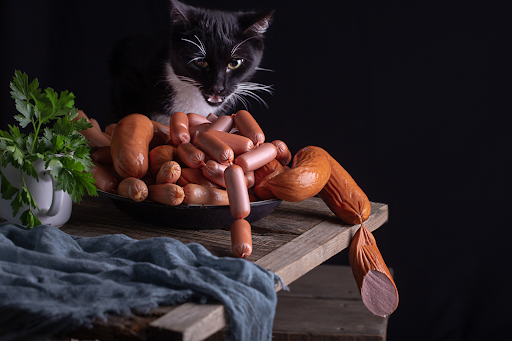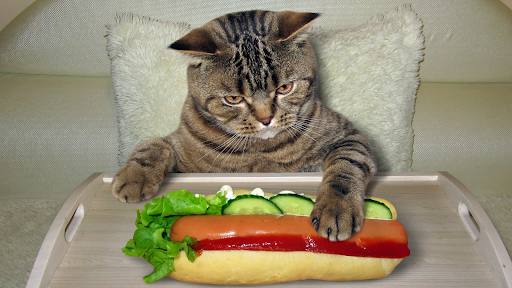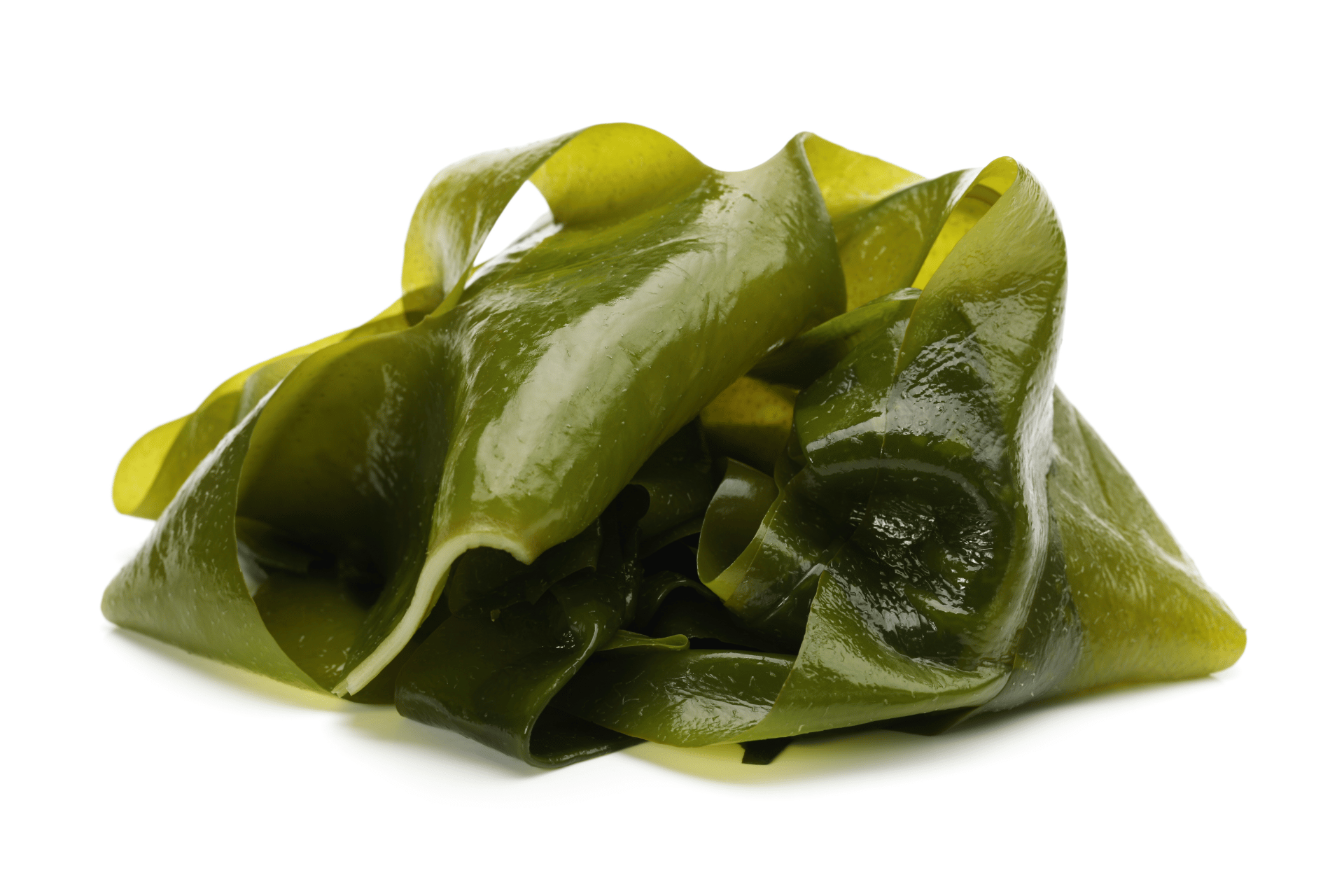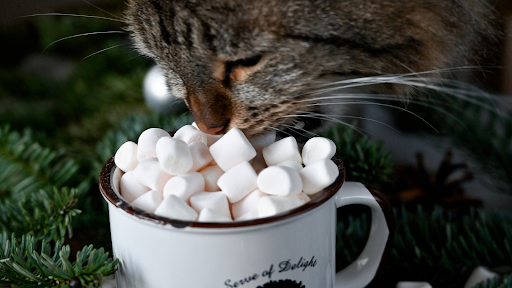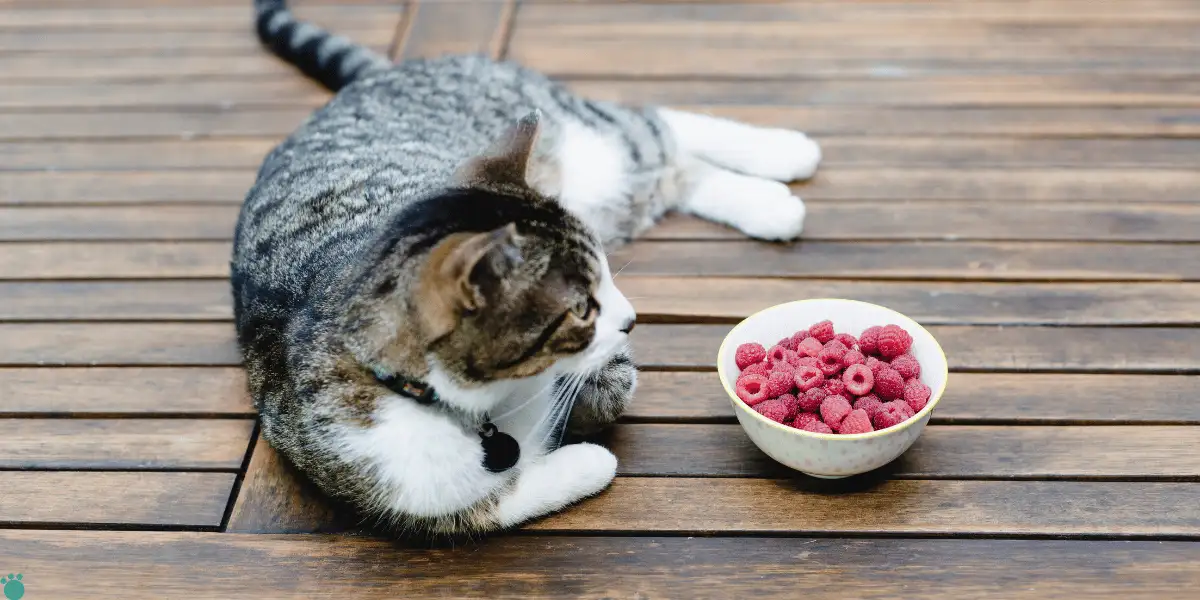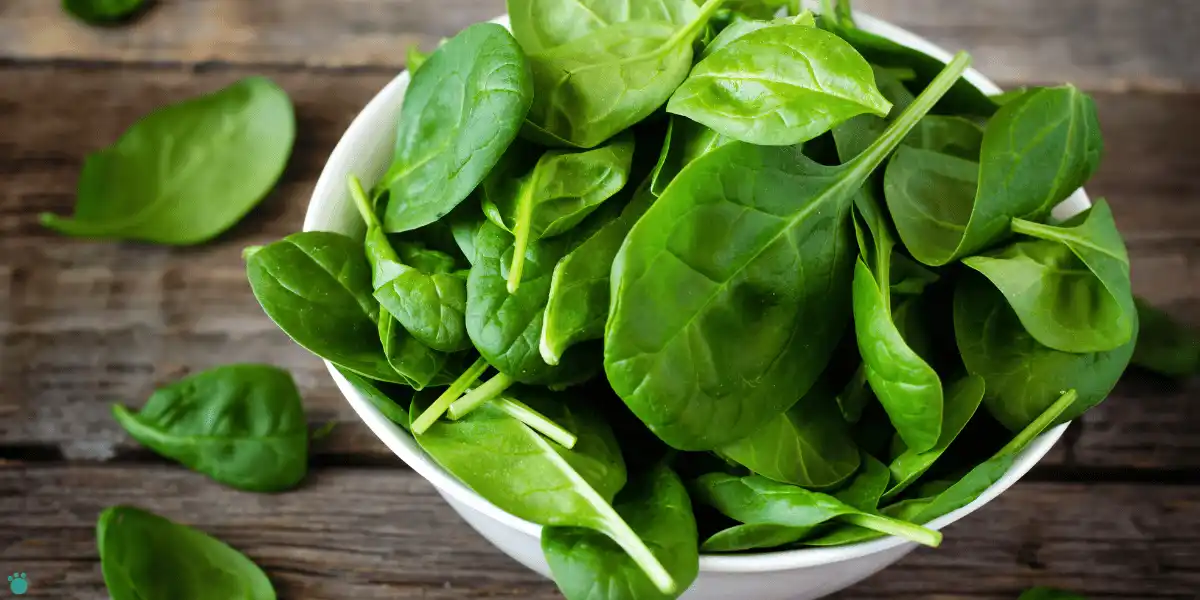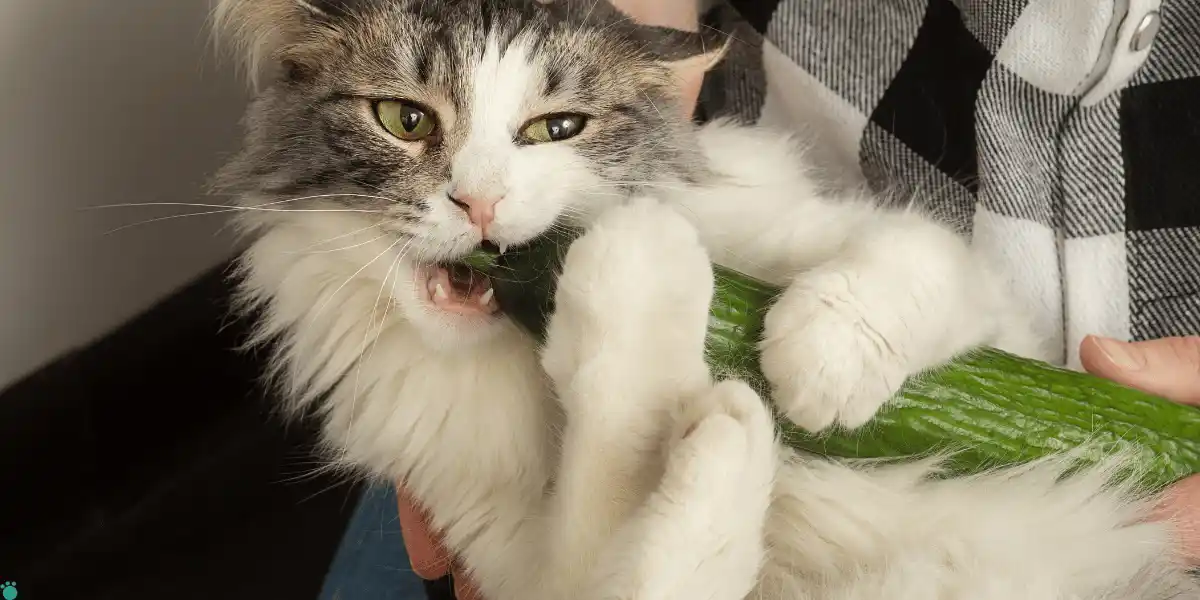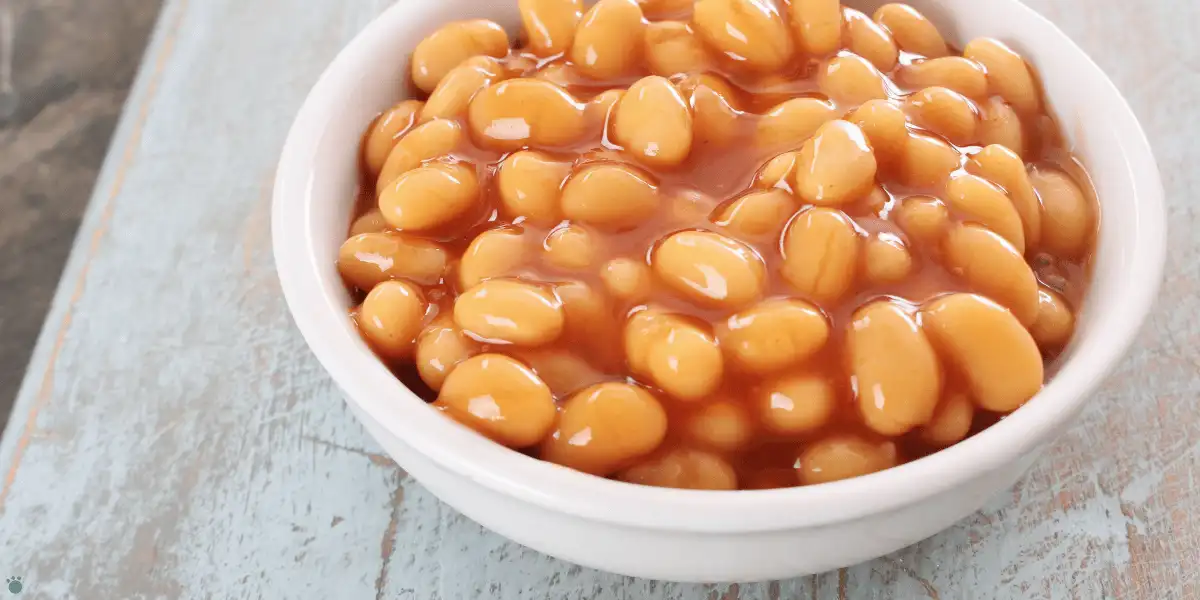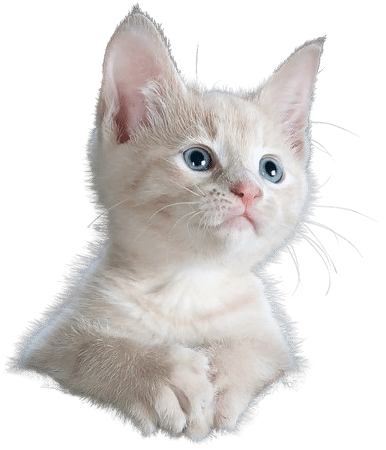So, you’ve caught your furry friend eyeing your slice of pepperoni pizza, and you’re wondering, “Can cats eat pepperoni?”
As a seasoned cat parent and founder of TheCatParent.com, I’ve been there! Let’s dig into this delicious dilemma.
Cats are obligate carnivores, meaning they require a high-protein diet. In the wild, their meals would consist of small rodents or birds.
In contrast, pepperoni is high in fat and sodium and seasoned with spices like garlic and chili, which can upset your feline’s sensitive stomach.
Short answer: Can cats eat pepperoni?
Can cats eat pepperoni? It’s not recommended. Like its processed meat counterparts, such as salami, Pepperoni contains numerous potentially harmful ingredients for your cat. Onion or garlic powder, common ingredients in pepperoni, are toxic to cats.
What does pepperoni contain?
Pepperoni, an American favorite, is a type of salami seasoned with paprika, chili pepper, and other spices.
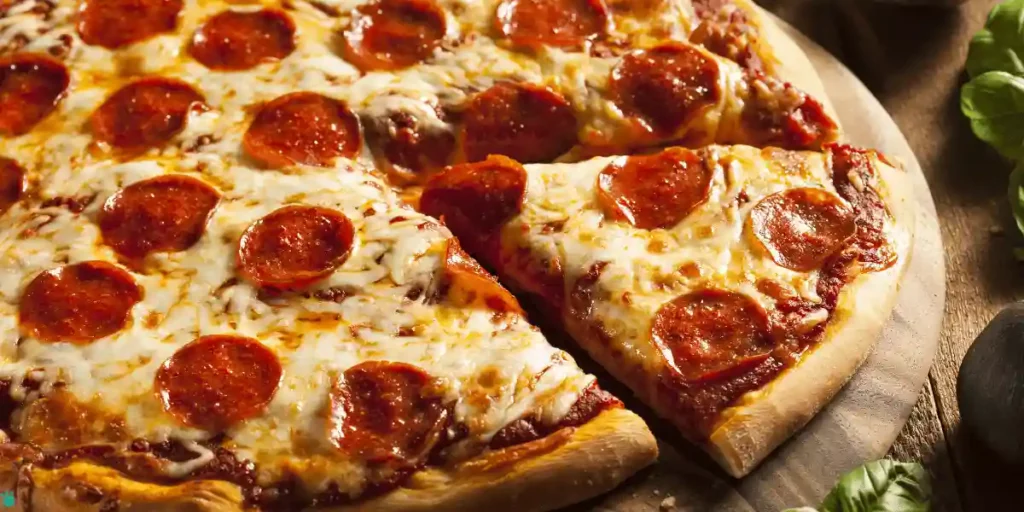
It’s usually made from cured pork or beef, but variations also include turkey or chicken.
Compared to other processed meats, pepperoni often packs a more robust flavor due to its unique blend of seasonings.
The Risks of Feeding Pepperoni to Cats
While we might love the savory kick of this popular pizza topping, it’s not necessarily the best choice for our furry friends. So, what are these potential issues?
Nutritional Concerns with Pepperoni for Cats
Pepperoni is notorious for its high sodium content. While humans can handle some extra salt, our feline friends are not so fortunate.
Excessive sodium can lead to salt poisoning in cats, which can cause symptoms like vomiting, diarrhea, and tremors, and in severe cases, it can even be fatal.
Additionally, pepperoni is also high in saturated fats. While cats need a certain amount of fat in their diets, the type of fat in pepperoni isn’t the healthiest.
Over time, these unhealthy fats can contribute to obesity and heart disease in cats.
Then there are the spices and additives. Many seasonings used in pepperoni, such as garlic and onion powder, are toxic to cats.
Gastrointestinal Issues and Pepperoni
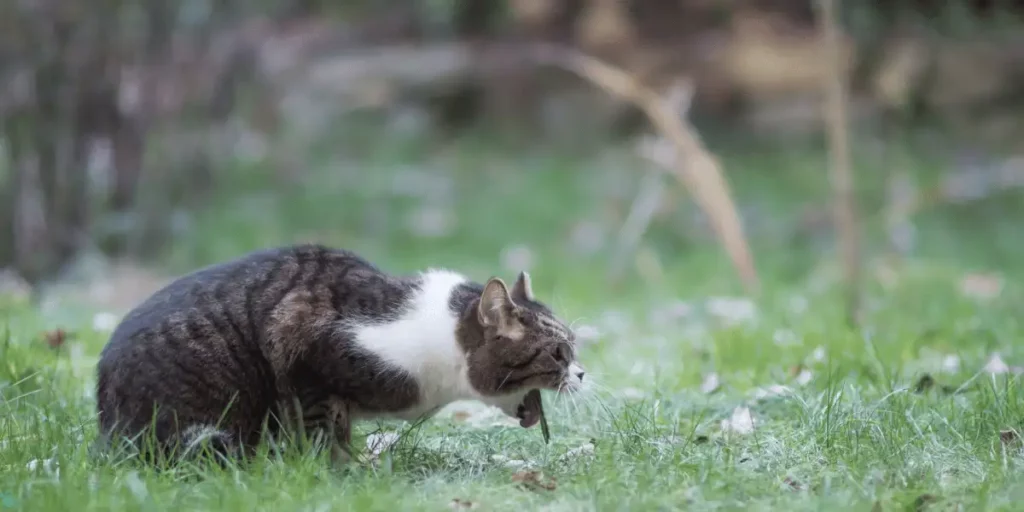
You might have noticed that your cat experiences an upset stomach after sharing your pepperoni pizza. This isn’t just a coincidence.
Pepperoni is rich in fats and spices, which can cause cat digestive problems.
These issues can range from mild discomfort and diarrhea to more severe conditions like pancreatitis – inflammation of the pancreas.
And if you’re thinking, “But my cat seems fine after eating pepperoni,” it’s important to remember that symptoms may not always be immediately apparent.
Sometimes, the signs of gastrointestinal distress can be subtle and may include changes in appetite, weight loss, and changes in stool consistency or frequency.
What to Do If Your Cat Eats Pepperoni
If your cat has managed to sneak a piece of pepperoni, don’t panic. Monitor them closely for any signs of discomfort.
If they show symptoms like vomiting or diarrhea, it’s essential to ensure they stay hydrated. Offering them plain water or a cat-friendly electrolyte solution can help.
However, if their symptoms persist or worsen, it’s time to seek professional help. Your vet can provide the necessary treatment and advice to get your cat back on track.
Remember, it’s always better to be safe than sorry when it comes to your furry friend’s health.
Long-Term Health Implications
Feeding your cat food like pepperoni regularly can lead to more serious health issues over time.
High-sodium diets can cause hypertension, heart disease, and kidney problems in cats. These chronic conditions are often linked to improper feline diets and can significantly reduce your cat’s quality of life.
The good news is that these health problems are preventable.
Feeding your cat a balanced diet rich in essential nutrients and low in sodium and spices can go a long way toward keeping it healthy.
Safer Alternatives to Pepperoni for Cats
Now, I know what you’re thinking: “If I can’t share my pepperoni with my cat, what can I share?”
Fortunately, there’s a range of healthier treat options available that your cat will love.
1. Fish: Grilled or steamed fish like salmon or tuna are high in protein and omega-3 fatty acids, which are beneficial for your cat’s health.
2. Chicken: Boiled, unseasoned chicken is an excellent source of lean protein for cats.
3. Vegetables: While cats are carnivores, they can enjoy small amounts of cooked vegetables like carrots or peas.
4. Commercial Cat Treats: Many are formulated to be nutritionally balanced and cater to a cat’s dietary needs. When introducing new treats to your cat’s diet, remember to do so gradually.
Offer a small quantity at first and monitor their reaction. If they show signs of discomfort, discontinue the new treat.
Remember, treats should only make up about 10% of your cat’s daily caloric intake.
For Maine Coon cats, you might want to check out our recommendations on the Best cat food for Maine Coon page to ensure you’re providing a balanced diet.
Homemade Cat Treat Recipes
Creating homemade treats for your cat can be a fun and rewarding experience. Here are a few simple recipes you can try at home:
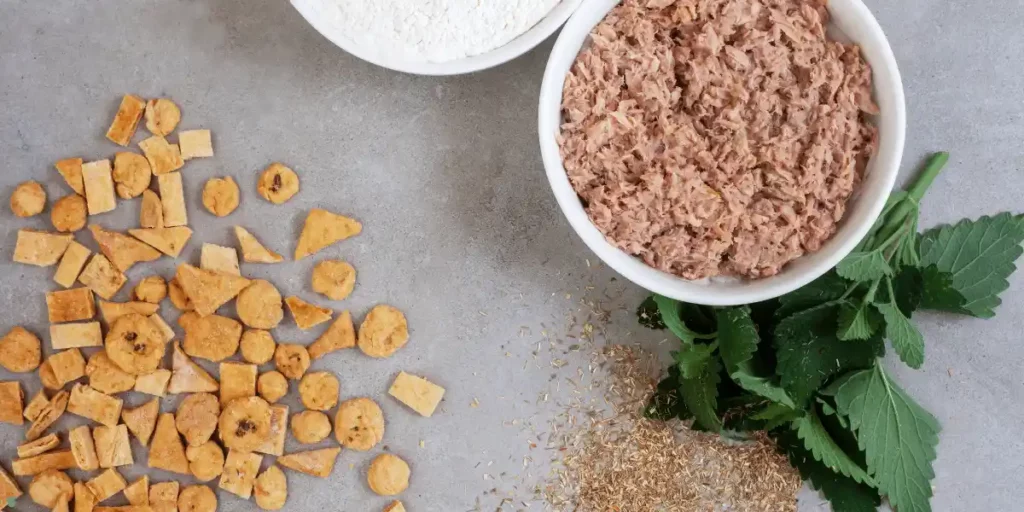
1. Tuna Treats: Blend canned tuna, catnip, and a bit of flour to create a dough. Roll into small balls and bake until firm.
2. Chicken and Carrot Bites: Combine shredded, boiled chicken with pureed carrots and form into bite-sized pieces. The nutritional benefits of these homemade treats lie in their ingredients.
Tuna is rich in protein and omega-3 fatty acids, while chicken provides lean protein. Carrots offer a good source of fiber, and catnip can be a fun occasional treat for cats.
Conclusion
While it’s natural to want to share your favorite foods with your feline friend, it’s important to remember that their dietary needs are different from ours. Processed meats like pepperoni and salami, or complex foods like pizza, might not be the best for them.
It’s best to stick with treats designed for their unique dietary needs. Remember, we’re here to help our feline friends lead their healthiest lives!
And remember, when in doubt, always consult your vet!
Frequently Asked Questions
Can I feed my cat pepperoni?
It’s best to avoid feeding your cat pepperoni, as it’s high in sodium and fat and can harm cats. According to the USDA, pepperoni is higher in sodium content than 98% of foods and higher in fat content than 96% of foods.
Is it OK if my cat ate pizza?
A small amount of pizza probably won’t harm your cat, but it’s not the healthiest choice. Pizza can be high in fat and sodium, and some toppings can harm cats.
Is it okay for cats to eat salami?
Salami, like other processed meats, is high in fat and sodium. It’s not toxic to cats, but it isn’t a healthy choice either.
What meat can cats eat?
Cats can eat most types of meat as long as it’s cooked and doesn’t contain any harmful ingredients like onions or garlic. Lean meats like chicken and turkey are the best choices.
